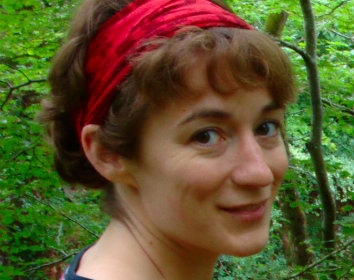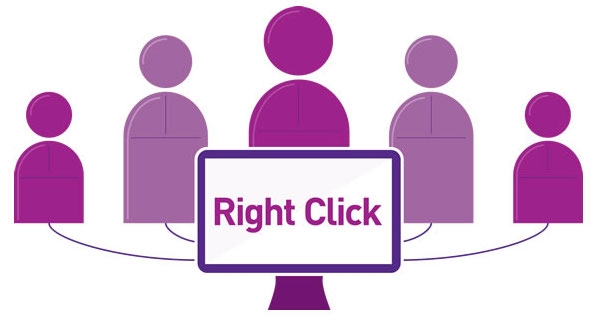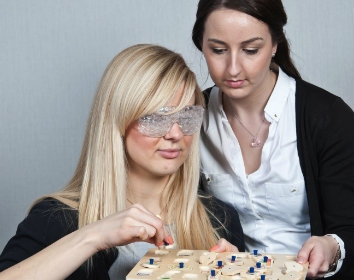Being on the Spectrum - Unfettered Humanness?
Debi Brown
Some think diagnosing/labelling people is a good thing – to get services (maybe, if they exist) and self-understanding and perhaps a means of explaining to others why you can’t be exactly like everyone else.
Others think this is unhelpful and counter-productive. I suspect that both are true. Many labels could apply to me, but do they help? And what’s the alternative?
Rosenberg (2003), argues against labelling, and instead, proposes that people can be better helped by focussing on their feelings and needs.
Any label can be reframed into feelings and needs. For example, if I want more affection from you than I’m getting, I would probably label you as cold and unfeeling. Conversely, if you want more affection from me than I can give you, I would label you as clingy and needy. Both of these things would be me accusing you of being something, because of my own unmet needs.
Rosenberg suggests these labels and accusations could be reframed into feelings and needs. E.g. instead of accusing you of being cold and unfeeling, I could own my feelings of loneliness and ask if you could spare me some quality time, a hug, or whatever my need might be. Instead of labelling you as clingy and needy, I could own my own feelings of discomfort and see if we can set a boundary that meets both our needs.
But admitting our own painful feelings and needs makes us vulnerable, and we, as a culture are not used to this.
Recently, I’ve had a lot of grief and loss, this has been difficult. Expressing strong emotions and distress makes other people uncomfortable. Reactions include being told that my need for a hug wasn’t normal. In this case the person was afraid that if someone saw us hugging then other people would think “something was going on”. Anything about me being called“ not normal” is a big trigger for an emotional whirlwind, because I have tried so hard to be normal all my life. I’m pretty sure that my need was normal in that situation, and it was rather the other person’s feelings of discomfort about what other people may think and their need to be perceived in a particular way that was the real issue. Rosenberg would offer that, instead of taking offence to what you are being labelled as, you can instead choose to focus on the other person’s underlying feelings and needs.
Strangely, the same person labelled someone with Down’s Syndrome who was “huggy” (essentially my behaviour) as very loving. Where did such a gulf of difference come from? There are many similarities between me and the girl with Down’s (we both love Frozen, for a start!), and many ways that neither of us conform to standard “normal” adult operating behaviours. But of course, I don’t appear to have a Syndrome because I look so normal… here I am again running into disadvantages of having an invisible disability.
When I am distressed and I get negative reactions from others, I feel shame on top of what it was that I was already feeling. I’ve been learning from these reactions that the socially-skilled thing to do is to hide one’s emotions, but I’m not sure this is the healthiest thing – for anybody, never mind just me. I researched grief on the internet, and found something which said that animals deal with grief better than humans in our western culture, because animals simply express their grief instincts to cry and shake, without worrying how they will be perceived when they do that. I found that when I do react and just wail my head off, it really helps to get some of the grief out of my system and my emotions became less stuck.
When did our society become so unable to deal with emotions? Why is the same behaviour, that if it were done by a child, would receive love and care, a cause to reject an adult? What do we think magically happens when someone hits 18 to change all the rules?
I think we all have the same needs, young and old. Universal needs that we all share include warmth, food, light, rest, touch,comfort, autonomy, safety, emotional safety, relationships, support, connection, meaning, self-expression, sexual expression, love, nurturing and respect.
I conclude that people on the spectrum like me, and probably people with Downs’ Syndrome too, are just more likely to express our needs and instincts – our “unfettered humanness” innocently, without thinking of the possible consequences and how we may be perceived.
You could label us wrong or not normal. Or look at us and see what it means to be human.





